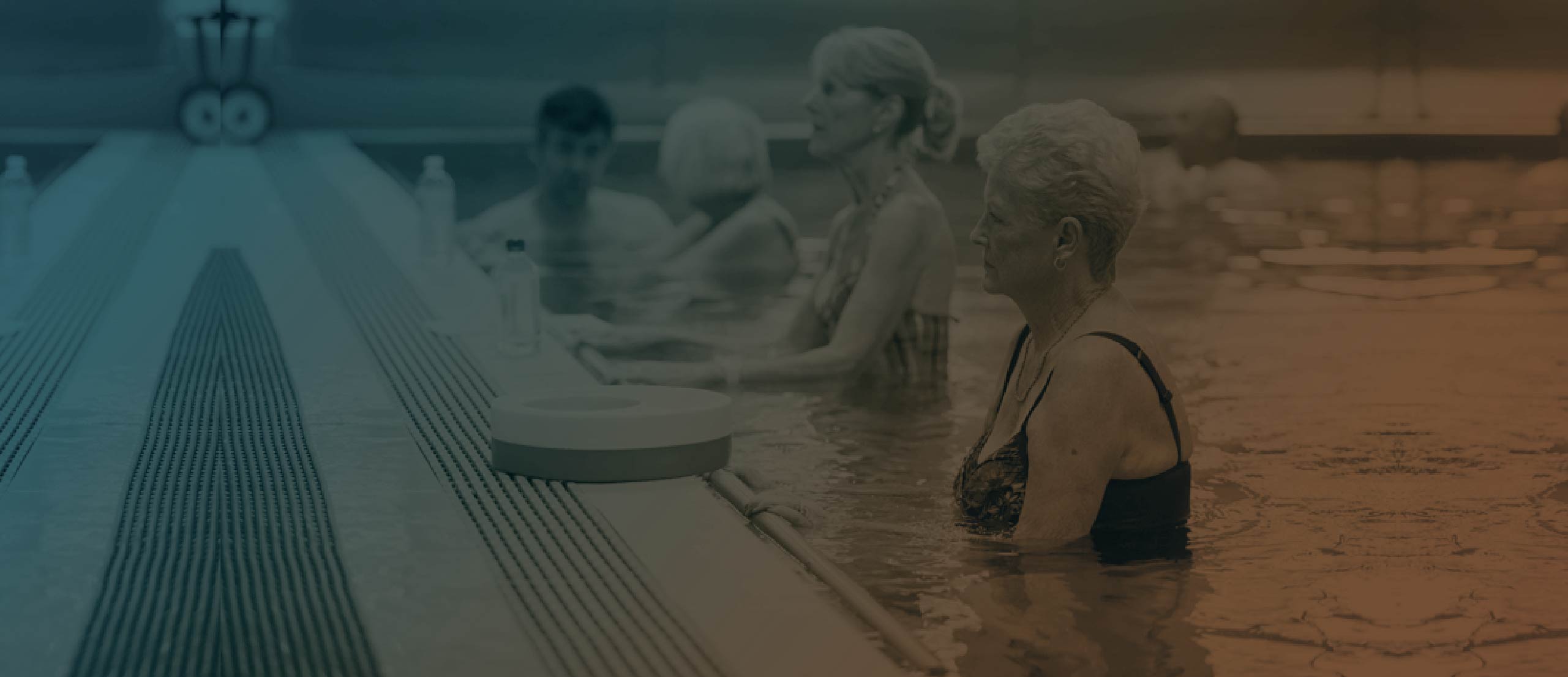
Physio or GP? Who do I see when I’m injured?
When most people experience a pain, their first instinct is to head to their GP, instead of thinking as their local physio as a specialist in treating aches and pains. This causes medical centres to become crowded, doctors to become even more backlogged and appointments to fall further behind and recovery to take longer. It might not be obvious that the headache that won’t go away is related to a joint, muscle or nerve in your neck and sitting in a waiting room full of coughing and sneezing sick people is only exposing you to germs and potentially more sickness.
When should you see a physiotherapist first?
Like GP’s, physiotherapists are first contact health practitioners. That means there’s no need to seek a referral from anyone to examine, diagnose and treat your injuries. The only major difference being that physiotherapists are able to refer you to get scans but can’t prescribe medicine. Your Lane Cove physio is an expert in back pain, shoulder pain, knee pain, ankle pain, hip pain, neck pain, headaches, muscle pain, hydrotherapy and a whole lot more
But we don’t just treat pain; the goal of our treatment is to prevent it. Your physio has an expert understanding of anatomy and human biomechanics and is therefore the best person to consult with.
You should definitely make the trip to your physio first if you have suffered any of the following:
- Back and neck pain
Your physio will first undertake a clinical examination to determine the location and cause for the pain and how it is affecting the movement, nerves, joints and muscles of the neck and back.
- Ligament injuries – acute or ongoing
Your physio will discuss with you the management of the recovery to the ligament you have injured, including prescribing a physical rehab program. You will focus on the need to regain movement, reduce any swelling, strengthen the muscles that support joint and regain your normal movement patterns if possible
- Muscular tears/strains
Muscle strain and tear treatment will vary depending on the diagnosis of your physio. Depending on the severity of your muscle strain it can take anywhere between a few days and several weeks to rehabilitate successfully.
In most circumstances, a GP will refer you to a physiotherapist to diagnose your injury anyway. Seeing a physiotherapist first allows you to begin your treatment straight away. Your physio has been trained to immobilise the joint if needed and the progress rehab and recovery. For most musculoskeletal injuries, the quicker treatment is started, the quicker the injury is fully healed.
Physiotherapy is more effective at managing musculoskeletal pain
While Doctors and physiotherapists possess the skills to diagnose your injury, musculoskeletal problems and chronic pain are more responsive to the exercises and follow-up programs routinely delivered by physiotherapy that includes manual therapy. Most manual therapy programs focus on your symptoms, particularly the main complaint, range of movement, joint function and stability and the severity of your symptoms.[1] In cases of acute neck pain, GP’s often take no immediate action, preferring to adopt a ‘wait and see’ approach supported by pain relieving or anti-inflammatory medication.[2] Most doctors in this situation will refer the client to a physiotherapist, understanding the benefits of a multi-disciplinary approach.
Physiotherapists and GP’s work together
If your treatment is ongoing, your GP and physiotherapist will work probably be working together in order to ensure your treatment is effective. When it comes to chronic neck and back pain, many studies have shown that monotherapies are not as effective at treating and preventing pain as multi-disciplinary approaches.
Physiotherapists and Doctors are both professionals and experts in their fields and treatments should be designed to be complementary. A good Doctor will be able to identify when a physiotherapist is needed and vice versa. But just remember, if it’s muscular, nerve, joint or ongoing pain, your local physiotherapist may just be the best place to start your treatment.
[1] Variance in manual treatment of nonspecific low back pain between orthomanual physicians, manual therapists, and chiropractors. van de Veen EA, de Vet HC, Pool JJ, Schuller W, de Zoete A, Bouter LM
J Manipulative Physiol Ther. 2005 Feb; 28(2):108-16.
[2] Vos, C., Verhagen, A., Passchier, J., & Koes, B. (2007). Management of acute neck pain in general practice: a prospective study. The British journal of general practice : the journal of the Royal College of General Practitioners, 57(534), 23-8.



